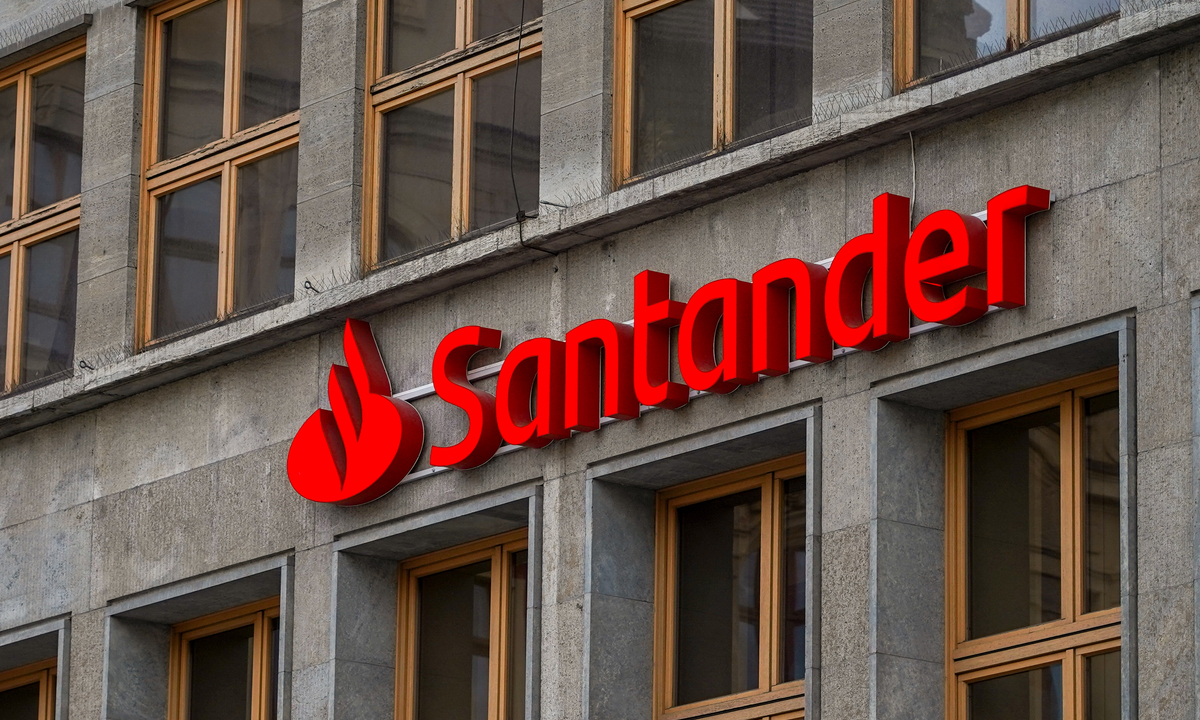Santander's Massive Polish Exit: $7.9 Billion Deal Reshapes Banking Landscape

In a significant strategic move, Santander has agreed to sell a majority stake in its Polish banking operations to Austrian banking giant Erste Group. The landmark transaction, valued at an impressive $7.9 billion, was officially announced on Monday, May 5th, marking a pivotal moment in the European banking landscape.
The high-profile deal represents a major shift in Santander's international banking strategy, signaling the Spanish bank's intention to streamline its portfolio and focus on core markets. By divesting its Polish business to Erste Group, Santander is poised to unlock substantial value while potentially reshaping its regional presence.
Financial experts are closely watching this transaction, which not only represents a substantial monetary exchange but also highlights the ongoing consolidation and strategic repositioning within the European banking sector. The sale underscores the dynamic nature of international banking and the continuous efforts of financial institutions to optimize their global footprint.
While specific details of the transaction are still emerging, the deal is expected to have significant implications for both Santander and Erste Group, potentially creating new opportunities for growth and market expansion.
